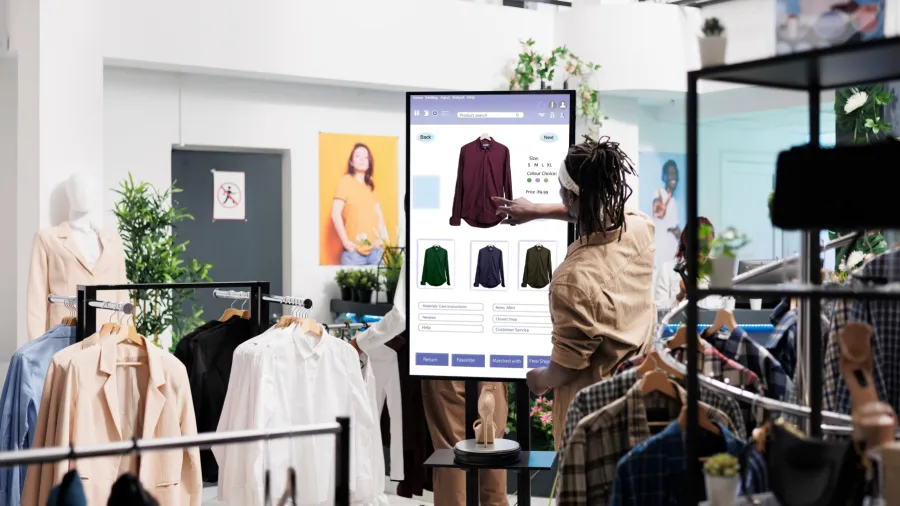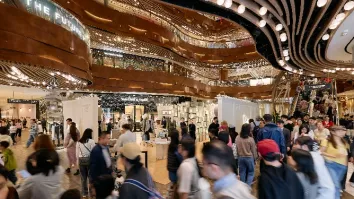
How can retailers improve customer value and operations
Businesses must adopt a unified commerce strategy to meet consumer demand for seamless transactions driven by technology.
About 60% of shoppers are inclined to make repeat purchases with a brand after a personalised shopping experience, as per Manhattan Associate’s findings at the NRF Retail's Big Show APAC.
According to The Unified Commerce Benchmark for Specialty Retail in Singapore, conducted by Incisiv, personalised shopping experiences significantly influence customer loyalty, with features such as real-time inventory updates and tailored product recommendations enhancing satisfaction. Adidas sets a precedent in this regard with its dynamic inventory data and personalised suggestions.
Streamlining checkout processes also proves pivotal, given that 43% of shoppers prefer swift, hassle-free transactions. Nike leads by example with a single-step checkout that includes pre-filled shipping details, minimising friction and ensuring smooth conversions.
Additionally, environmental considerations increasingly influence consumer preferences, with 33% expressing a preference for reusable packaging options. Dior not only consistently meets delivery expectations but also offers eco-friendly packaging choices, aligning with sustainability goals.
Lastly, messaging platforms like live chat and social media are preferred by 66% of shoppers for customer support, allowing for real-time assistance and enhanced engagement. Hermes exemplifies this approach with robust support via platforms such as live chat and WhatsApp.
"Today, digital payment adoption has reached 87% and over the next 12 months RFID technology will continue to streamline inventory management, as eCommerce sales in Singapore grow at a CAGR of 8.9%,” said Richard Wright, managing director, South East Asia at Manhattan Associates.
“All this technology and consumer momentum highlights the importance of enabling and offering seamless transactions to consumers and underlines the significance of developing and delivering a fully functioning unified commerce strategy," he added.
Meanwhile, five brands have emerged as leaders in unified commerce, including industry titans Nike, Adidas, Dior, UNIQLO, and Charles & Keith.
The benchmark analysed 33 retailers across over 290 customer experience capabilities in four categories, including search and discovery, cart and checkout, promising and fulfillment, and service and support.



















 Advertise
Advertise






